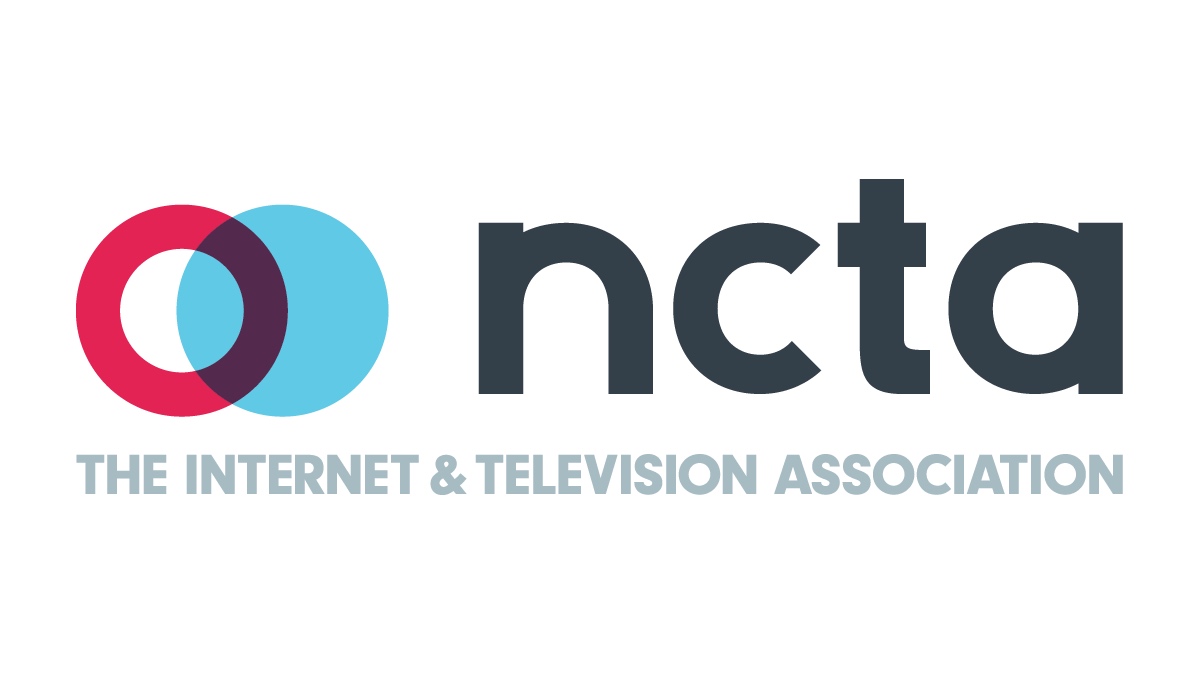NCTA Defends Shapefile Broadband Mapping Approach

The smarter way to stay on top of the multichannel video marketplace. Sign up below.
You are now subscribed
Your newsletter sign-up was successful
NCTA-The Internet & Television Association is telling the FCC that perfect broadband mapping in the future is the enemy of good data now, or at least sooner if the FCC adopts its proposal.
That came in NCTA's response to telco ISPs who have proposed a different approach to improving the mapping of where broadband is and isn't, something cable and telco ISPs, the FCC and Congress all agree it needed.
NCTA is proposing using shapefiles rather than census blocks as the units for measure for broadband availability. It argues shapefiles provide more granular data, something everybody is also looking for, than the census block approach the FCC is currently using. NCTA says the key advantage is that "unserved areas within served census blocks would no longer be counted as served."
Related: NCTA Outlines Mapping Proposal
The Broadband Mapping Consortium--comprising USTelecom, ITTA and WISPA--has told the FCC that in NCTA's proposal the resulting data aren't sufficiently accurate.
In a gentle dismissal of NCTA's entire framework, the consortium told the FCC in an April 12 letter.
"We appreciate the cable industry's thoughtful suggestions," they said, [h]owever, their proposed alternatives lack the key unifying component that the Broadband Mapping Consortium is looking to address in its pilot program, a process that will create more accurate broadband location data that, in turnn, will support far more meaningful and useful broadband availability reporting for communications policy."
The smarter way to stay on top of the multichannel video marketplace. Sign up below.
"Horsefeathers," replies NCTA, or the regulatory filing equivalent.
"As a threshold matter, it is important to put the issue of accuracy into perspective. A consistent theme in the BMC Letter is that only through the use of a yet-to-be-created common template for geocoding locations can broadband data collection and mapping be accurate," NCTA says. "But somehow the imperfect GIS [geographic information system] tools that exist today are powering a wide variety of services, like Airbnb and Zillow, that may not be 100% accurate but nevertheless deliver substantial value to society. Rather than waiting around for a theoretically perfect approach to broadband data collection to materialize, the Commission should move forward with structuring a program that is tolerant of the imperfections that are inherent in any data exercise of this magnitude."
Beyond that data imperfection issue, NCTA says the coalition has made no convincing argument for any "serious shortcomings" to its approach.
The FCC is collecting comment on ways to collect better (form 477) data on fixed and mobile broadband availability. It has been under the gun to get a better handle on where broadband is and isn't, since that determines whether it is closing the digital divide generally, the rural digital divide in particular, and whether it is deploying advanced communications in a reasonable and timely manner, which the FCC recently concluded is the case.
Contributing editor John Eggerton has been an editor and/or writer on media regulation, legislation and policy for over four decades, including covering the FCC, FTC, Congress, the major media trade associations, and the federal courts. In addition to Multichannel News and Broadcasting + Cable, his work has appeared in Radio World, TV Technology, TV Fax, This Week in Consumer Electronics, Variety and the Encyclopedia Britannica.

